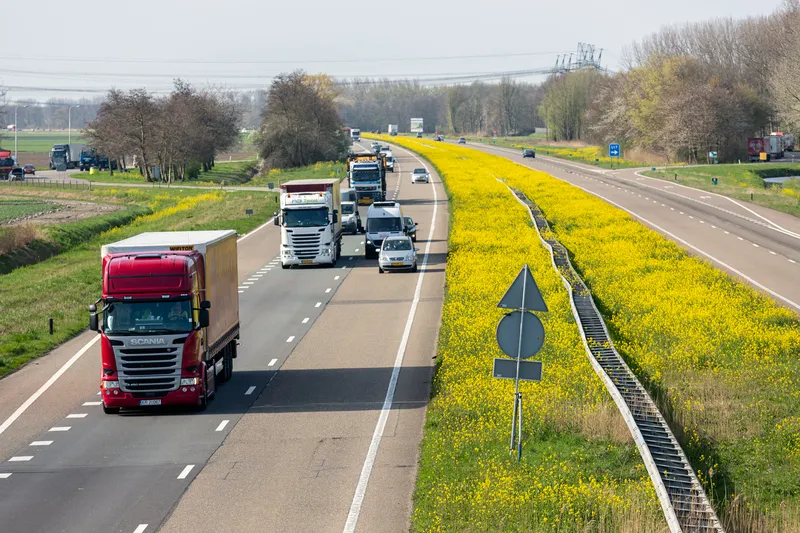"I believe a simplification of regulations is necessary,” says Volker Orben, whose appointment was confirmed at a TISPOL council meeting in Prague. “I will make this a priority when I am working with EU experts and other organisations for traffic safety.”
Orben, from the ministry of the interior and sports in Germany's Rhineland-Palatine region, has been a police officer for almost 40 years and takes over as TISPOL president from the Italian, Paolo Cestra.
Orben’s career in state and federal traffic has included stints in the situation room at the HQ in Mainz and as deputy head of the motorway police station in Gau-Bickelheim.
He took over the traffic policing portfolio at the ministry when he worked for the head of the Rhineland-Palatinate Police Service.
Orben is the second German president in the nearly 20-year history of TISPOL. The first was Wolfgang Blindenbacher, retired head of policing in North Rhine-Westphalia.
New TISPOL boss says ‘regulation must be simplified’
The new president of TISPOL, the network of European traffic police forces, has insisted that rules around traffic safety must be harmonised across the continent.
"I believe a simplification of regulations is necessary,” says Volker Orben, whose appointment was confirmed at a TISPOL council meeting in Prague. “I will make this a priority when I am working with EU experts and other organisations for traffic safety.”
Orben, from the ministry of the interior and sports in Germany's Rhineland-Palatine reg
April 15, 2019
Read time: 2 mins
The new president of 650 TISPOL, the network of European traffic police forces, has insisted that rules around traffic safety must be harmonised across the continent.







